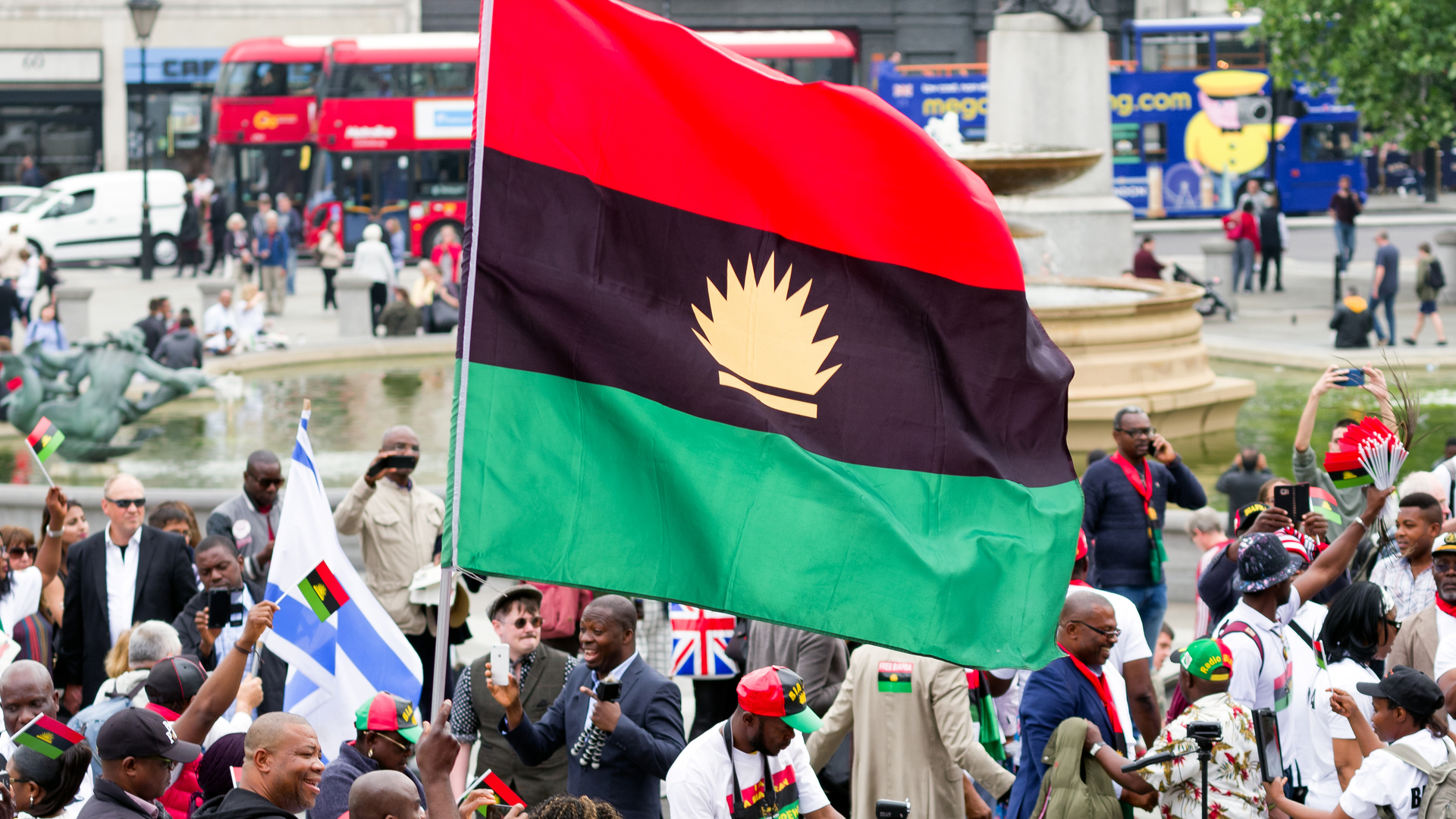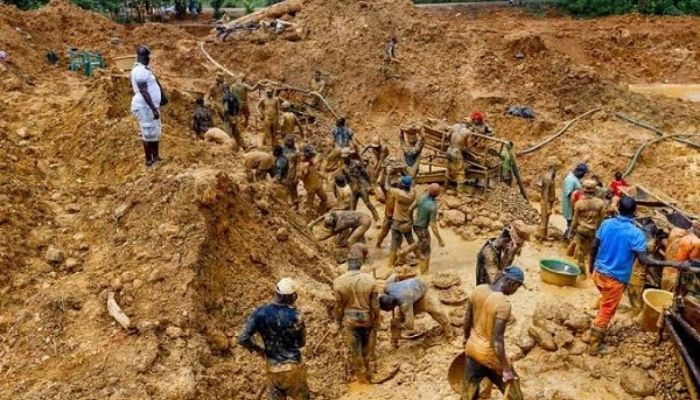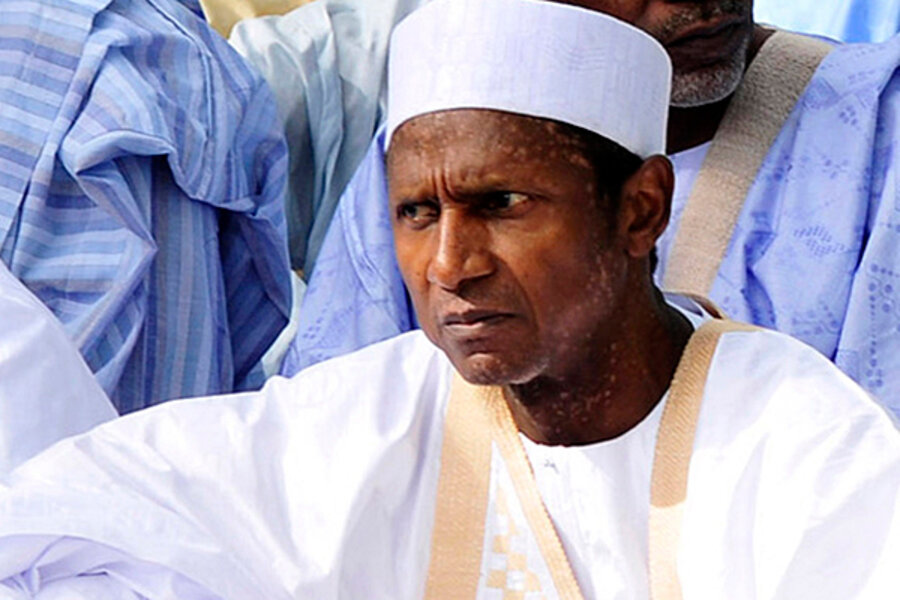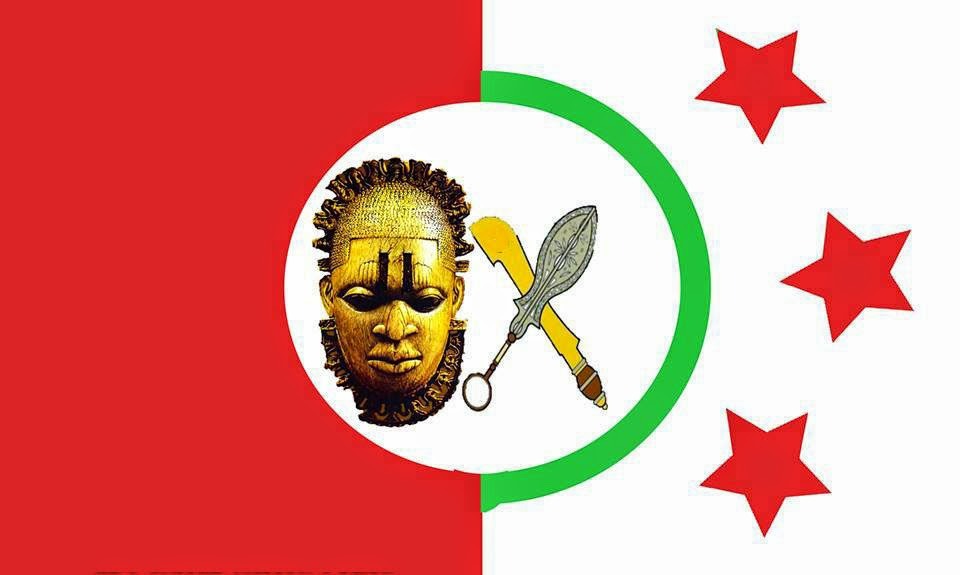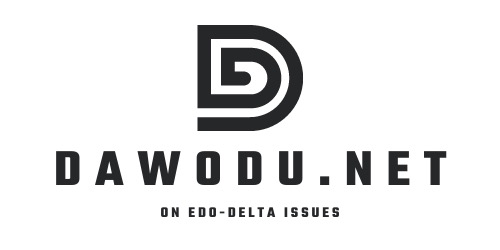culled from GUARDIAN, November 1, 2004
For some of us who believe in President Olusegun Obasanjo and this democratic dispensation there are days when one feels petrified at the prevalence and pervasiveness of the misunderstanding and total lack of appreciation of his efforts at confronting contemporary political and economic challenges. Moreso when such a predilection issues form personalities and institutions of immense stature and credibility like Professor Chinua Achebe and Transparency International (TI) from whom mimic critics and people of dubious motives seek legitimacy and further ammunition to malign and corrode the President. I am convinced that the vocation of public criticism and assessment in Nigeria today is reeling in the syndrome of disequilibrium, an abject lack of balance or sense of proportion. Minimal level of detachment and objectivity has been supplanted with a penchant for gross exaggeration and distortion of reality.
I shall begin with an issue in which I was directly involved namely the 2003 Presidential election. I cannot in good conscience contest the fact that the election spotted a number of irregularities and malpractices. By the same token I cannot imagine that any informed observer will, in good conscience, proceed to suggest that the outcome of the election as regards who won and who lost could have been otherwise. Yet the increasing testimony from acclaimed Nigeria pundits is that 'Obasanjo did not win the election'. Confounded by the absurdity of such proclamation I have felt compelled to ask the question viz who then won the election? I ask the question because the fact of an imperfect election is being exploited to draw a conclusion that is counter-intuitive and willfully misrepresentative. Contentions over a flawed election, especially in the context of the 2003 Nigeria's general elections, are ultimately meaningful only if it is probable that President Obasanjo could, for instance, have lost the election to General Muhammadu Buhari.
Of the three major observer missions to the 2003 elections viz the Commonwealth, Africa Union and the European Union (EU), the latter i.e. the EU was easily the most critical yet the following statements was the conclusion of the head of the EU delegation in Nigeria, Ambassador Leonid Tezapsidis on the Nigerian elections: "The European Union observer mission on the 2003 elections in Nigeria was independent. It freely gave its opinion, based on serious work. Once the observers had reported, the EU took this as a valuable opinion in making a judgement on the elections, and how to react to them. This judgement has been a balanced one. The EU has congratulated President Obasanjo on his re-election, since there is no suggestion that the abuses that occurred in some states put that reelection in doubt".
It is possible that the Nigerian critics of the election who habitually swear by the EU observer mission have not heard or read of this conclusion. In Nigeria here, one of the most credible newspapers in the country, The Guardian, repeatedly conducted opinion polls whose results presaged the verdict of the election. Probably it was a coincidence but I noticed that the stridency of the "Obasanjo did not win the election" chorus rose significantly after the President took the precarious but courageous decision (soon after his re-election) to give effect to the deregulation policy of the petroleum downstream sector. It would, of course, amount to acute poverty of criticism if this association was not a coincidence if the validity of election results is made amenable to the popularity or otherwise of policy measures taken by the government after the election!
Deregulation, as I understand it, is not merely about appropriate pricing and availability of the downstream sector products (important though they are). Properly speaking, deregulation or withdrawal of subsidies is mainly about the transfer and reallocation of resources from one segment of the economy to another on the premise that such transfer amounted to more efficient and utilitarian utilisation of resources. Thus the subsidy removal from petroleum products is really little more than an opportunity cost of increased resource allocation to (say) education and the whole gamut of infrastructural development. In other words, if I have 10 naira to spend, would I sooner spend it on petrol rather than health, education or power generation? I have posed the question this way because the extreme manner of reaction to the withdrawal of petrol subsidy seems to imply that the resultant price increase is without a commensurate if not a better compensation. And if history is any guide was it not as recent as a few years ago that many of us were buying, with relief, a litre of petrol for 80 naira, whenever the commodity was available? and sometimes as toxicant!!
I would have thought that a better attitudinal response to the sundry reform measures is to hold the government accountable by empirically verifying the compliance level of resource allocation and utilisation. If the government says, as it does, that it is going to expend so much in the construction and maintenance of a certain number of roads or provide boreholes and pipe borne water to a number of communities why can't the NLC in conjunction with civil society groups undertake periodic physical audit of such government claims and proposal? Is it true or not that 500 roads have been rehabilitated in the past one year? If not what is the compliance level and what explains the performance gap? It is understandable but unrealistic that we all desire and expect a dramatic improvement in the provision of social services and infrastructural development " given the depth and magnitude of infrastructural decay and the constraint of limited resources available to confront the challenge. What this translated to in reality is that resources are spread thin over several areas of need and in consequence, we are never going to have a big bang development effect. What may happen is a sequence of barely visible incremental development which if sustained will eventually cumulate into a recognisable giant stride.
Meanwhile, we all must admit that Nigerian society necessarily requires a complementary value reorientation. At the vanguard of such adjustment must be the recognition that money is not cheaply made and should not be cheaply expended. The legacy of fiscal prudence and rationality is one that should permeate the entire society. It is wrong of a middle class Nigerian to self consciously acquire a non sustainable extravagant lifestyle just as it is irrational for a clerical assistant to go about borrowing stock in his one-bedroom enclosure with beer and wine for a gaudy celebration of the arrival of his fifth baby. Implicit in the fiscal discipline policy of the government is a discouragement of the culture of extravagance and ostentation that has become second nature to many Nigerians and in whose fertile soil corruption easily germinates and thrives.
Was the recent assessment (by the Transparency International) of Nigeria fair? I can cite a number of signals that will make it difficult for any unbiased assessor to agree with TI. The books of the dominant revenue earner in Nigeria were virtually thrown open for global scrutiny and accountability when Nigeria co-initiated the Extractive Industries Transparency Initiative (EITI). What about the initiative on the vexed issue of land allocation and distribution in Abuja? What about the reforms in the contract award system that have salvaged and saved billions of naira from loaded and padded contracts? What about the tension that has been generated by the resistance of the beneficiaries of corrupt patronage? As regards the efficacy of the Independent Corrupt Practices Commission (ICPC) and the Economic and Financial Crimes Commission (EFCC) I am not sure whether the pace and bite that are expected of them are not undermined by the dysfunctions of democracy whose inherent permissiveness create loopholes for criminals to hibernate.
Way back in 2003 I thought that it would be unfair for President Obasanjo not to be reelected. I believed that his towering efforts will, in deference to the logic of gestation, not begin to fruitful and ripen for harvest until a year or two hence and it would have been unfair for somebody else to take the glory. Nigeria's situation is precarious today not because there is no manifestation of a redemptive potential but because as the rites of passage and its attendant pains grate hard people are beginning to lose their nerve and manifest a self-destructive streak.
Public criticism is, in a significant respect, sliding into ego contest with the President whose hardy self assuredness is frequently misconstrued as arrogance and insensitivity. There is an apparent lack of will by many Nigerians to make Nigeria work and people seem to have resorted to waiting and wishing a fulfilment of their worst expectations. The reform agenda of the government is probably the last chance Nigeria has and what we make of it is entirely in our hands.




